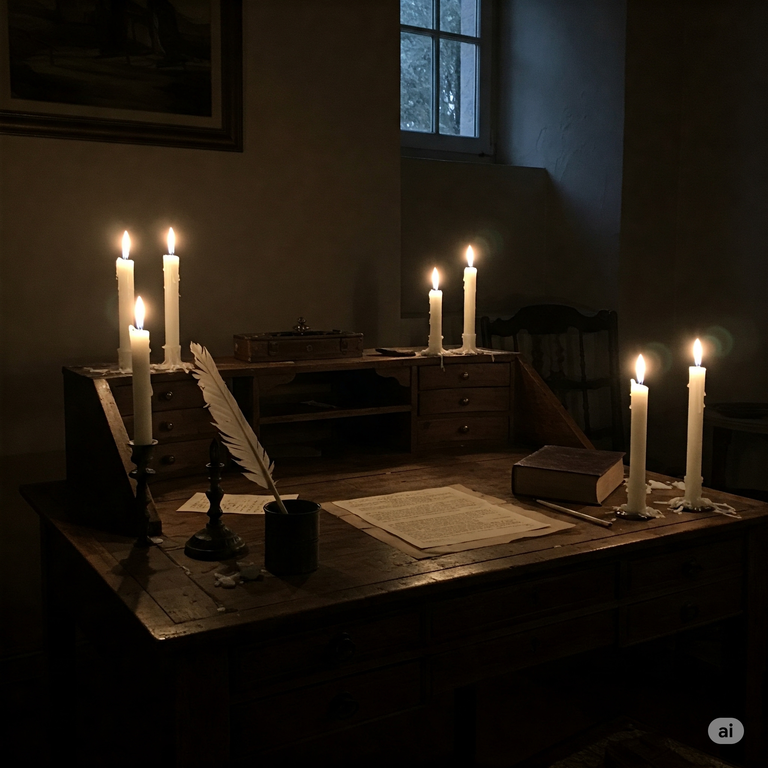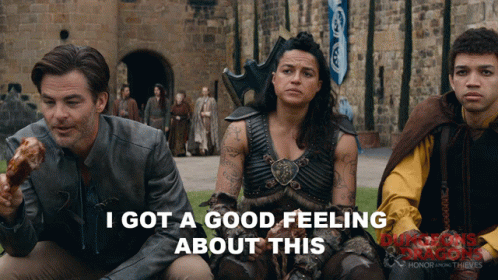Hey everyone,
Posting from mobile this morning, so apologies if this is a bit more brief and less polished than usual. We had tornado warnings all night here, and the power's been out since around 2 AM. It's going on 9 AM now, so just trying to get a quick thought out while my phone battery holds!

Yesterday, I shared a "lazy GM" tip about asking players to help fill in minor details in a game. I got some interesting feedback on that – someone @esbat ?(I'll edit in a proper shoutout when I have power and can check my mentions!) pointed out that some players might be uncomfortable "seeing behind the screen" and might prefer a fully pre-written adventure module where the GM provides all the description.
That's a totally valid point, and it got me thinking about different GMing styles.
There are definitely many ways to run a game. I tend to be a "seat of my pants" GM – I prefer rules-light systems and making things up on the fly as needed, building the world outward from what the players are immediately interacting with. Why do I need to prep what the entire pantheon of gods is doing on a random Tuesday night, unless it directly impacts the players right then and there? My focus is usually on the immediate story and what makes it engaging for the group.
I know other GMs, like my friend @ecoinstant for example, might enjoy diving into the "crunchy bits," detailed rules, and more structured scenarios, and that's awesome too! Different strokes for different folks, and different groups prefer different things.
But even with my more improvisational style, the core idea of listening to your players is still gold, even if they don't realize their input is shaping things. I've completely thrown out a planned plotline because a player idly speculated something that sounded way cooler than my original idea.
For instance, I once had a standard "evil wizard" BBEG planned. During a session, a player mused aloud, "Man, what if the evil wizard was actually the king's long-lost, bitter brother?" That was so much better than what I had! I subtly shifted things in that direction, and when the reveal eventually came, the "I knew it!" reaction from that player (and the surprise from others) was an absolutely amazing gaming moment. They felt clever for "figuring it out," and the story was more compelling.
So, whether you're asking them directly for details or just keenly listening to their table talk and theories, incorporating player ideas (even a little) can really elevate the game.
Anyway, that's my quick thought for the day. Hoping the power comes back soon!
As always (and hopefully with electricity next time),
Michael Garcia a.k.a. TheCrazyGM

